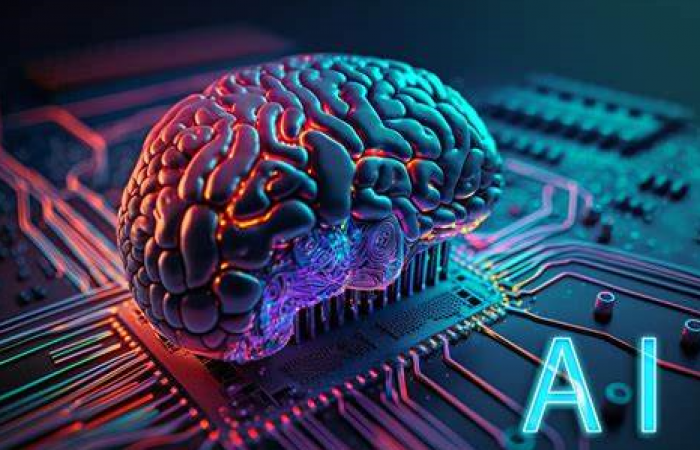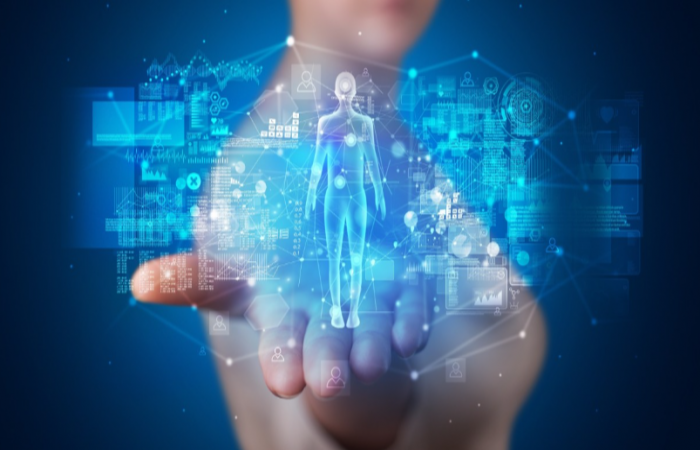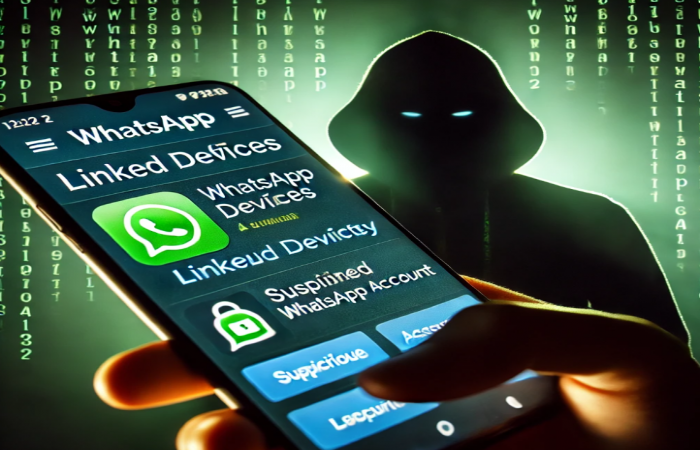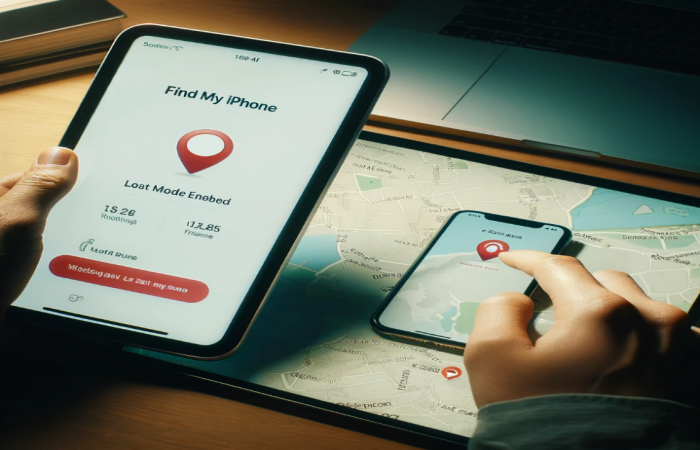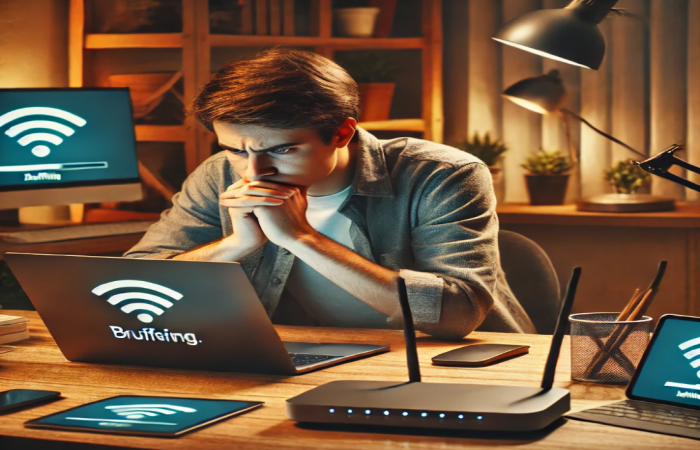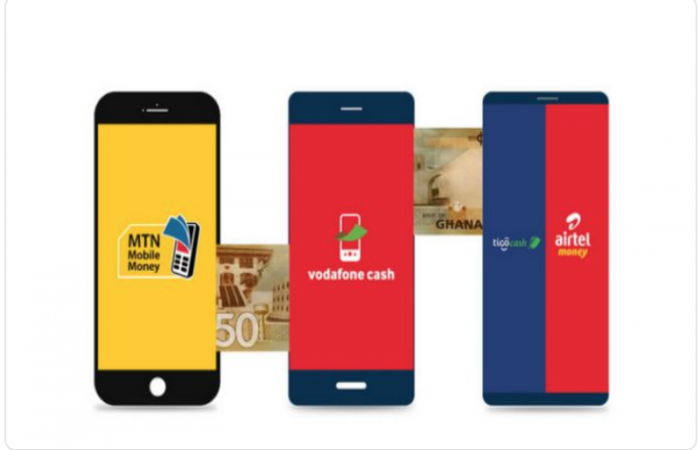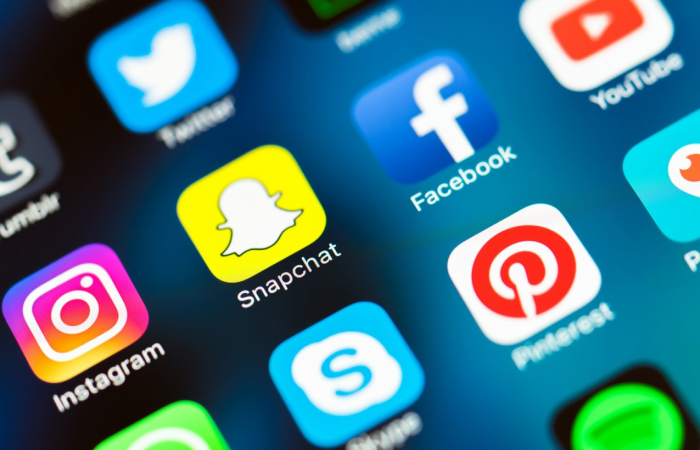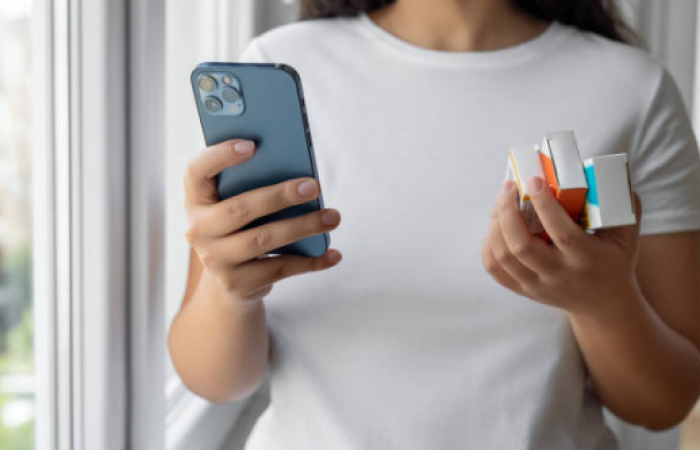
Why Your Smartphone Is Slowly Becoming Your Doctor
In the past, visiting a doctor meant scheduling appointments, waiting in line, and undergoing time-consuming tests. But today, your smartphone is quietly transforming into a personal medical assistant. With advancements in mobile technology, health-focused apps, and AI-driven diagnostics, our pocket devices are revolutionizing how we approach healthcare.
1) Heart Monitoring and ECGs
Modern smartphones, paired with wearable devices like smartwatches, can monitor your heart rate and even perform ECG scans. Apple Watch and similar gadgets have saved countless lives by alerting users to irregular heart rhythms, allowing them to seek medical attention early.
2) Blood Oxygen and Stress Tracking
Sensors now measure blood oxygen levels and stress metrics directly from your phone or wearable device. These features have become especially relevant during the COVID-19 pandemic, helping users track their respiratory health from home.
3) AI-Powered Health Apps
Apps like SkinVision analyze photos of skin lesions to detect early signs of skin cancer, while others like Ada use AI to assess symptoms and provide preliminary diagnoses. These tools bring medical insights to users without the need for immediate doctor visits.
At the heart of this transformation is sensor technology and machine learning. Smartphones are now equipped with advanced sensors capable of tracking vital signs, movement, and even patterns in speech that might indicate mental health issues. Paired with AI, these devices learn about your habits, analyze your data, and provide actionable health advice.
The future of smartphone healthcare is even more exciting. Imagine a phone that can measure your blood sugar without a needle, detect early signs of Parkinson’s through subtle changes in how you type, or offer virtual reality therapy sessions for anxiety. Tech giants and healthcare innovators are racing to bring these possibilities to life.
While the technology is promising, concerns about data privacy and accuracy remain. Sharing sensitive health information with apps and devices opens the door to potential misuse, making it essential for users to choose trusted platforms.
Your smartphone isn’t just a communication tool anymore—it’s an evolving health companion. With the rapid advancements in mobile technology, the line between doctor and device is blurring, bringing healthcare closer to everyone, one app at a time.


